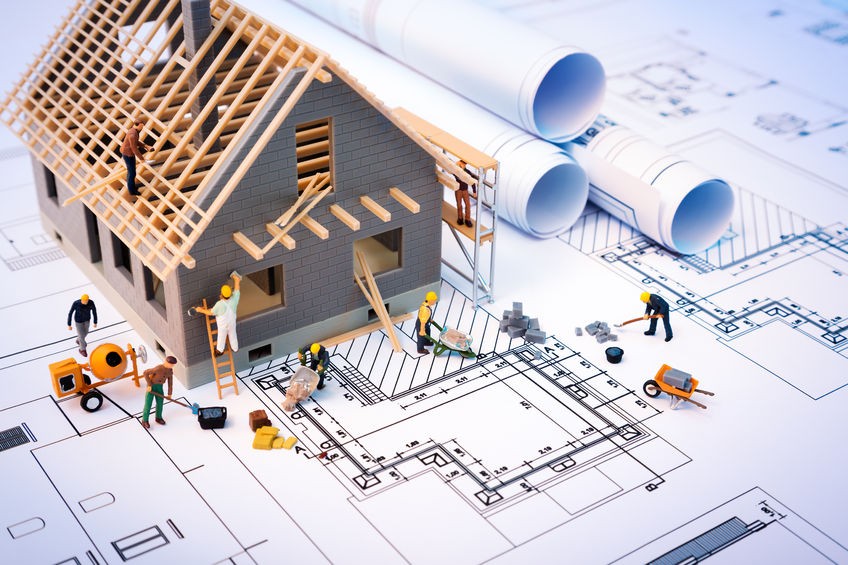Property Development: A Guide for the People of Papua New Guinea

Property development, also known as real estate development, involves turning land or existing properties into valuable assets. This guide breaks down the stages, challenges, and opportunities involved in property development, focusing on how developers manage projects, secure funding, and create spaces for living, working, and business.
What is Property Development?
Property development is more than constructing buildings; it’s about creating value by transforming land or renovating properties. It requires careful planning, market research, and effective management to succeed.
Stages of Property Development
Land Acquisition
The first step is finding the right piece of land. This could be vacant land or an existing property with development potential. A good location is key, whether for homes, offices, or industries.
Feasibility Study
Developers conduct market research to assess profitability. Factors like demand, construction costs, zoning laws, and risks are analyzed to ensure the project is viable.
Planning and Design
With the project confirmed, architects, engineers, and planners design a layout that meets market needs and complies with regulations. Approval from local authorities is secured during this stage.
Financing the Project
Developers secure funding through bank loans, private investors, or other sources. Managing finances throughout the project is crucial to stay on budget.
Construction and Development
This is where the project comes to life. Developers manage contractors, ensure timelines are met, and oversee quality control.
Marketing and Sales
Once completed, properties are marketed to attract buyers or tenants. Targeted promotions highlight the development’s unique features to maximize returns.
Post-Development Management
After selling or leasing, some developers manage properties to maintain their value through maintenance and tenant services.
Challenges in Property Development
Regulations: Navigating zoning and building codes can be complex.
Market Fluctuations: Economic changes can affect profitability.
Financing Risks: Obtaining and managing funds is critical.
Construction Delays: Unforeseen issues can increase costs.
Community Concerns: Local opposition may arise, requiring negotiation and compromise.
Opportunities for PNG
Urban Growth: Redeveloping old properties revitalizes communities.
Sustainable Development: Energy-efficient and eco-friendly projects attract buyers.
Mixed-Use Projects: Combining homes, shops, and offices in one space creates convenience and multiple revenue streams.
Affordable Housing: Meeting the demand for low-cost housing addresses a growing need.
New Technologies: Innovations like modular construction and smart home systems can make projects more efficient.
Why Location and Market Demand Matter
The success of a development largely depends on location and understanding market demand. For example, building homes near schools, markets, and transport hubs increases their appeal.
Benefits for Papua New Guinea
Job Creation: Property development provides work for construction workers, architects, and real estate agents.
Community Growth: New developments improve living standards and boost local economies.
Investment Opportunities: Real estate is a profitable avenue for long-term growth.
Conclusion
Property development is a promising industry for Papua New Guinea, offering economic growth, community transformation, and investment potential. Developers must plan carefully, manage challenges, and seize opportunities to succeed.
By fostering sustainable practices and creating affordable housing, property development can shape a brighter future for PNG.